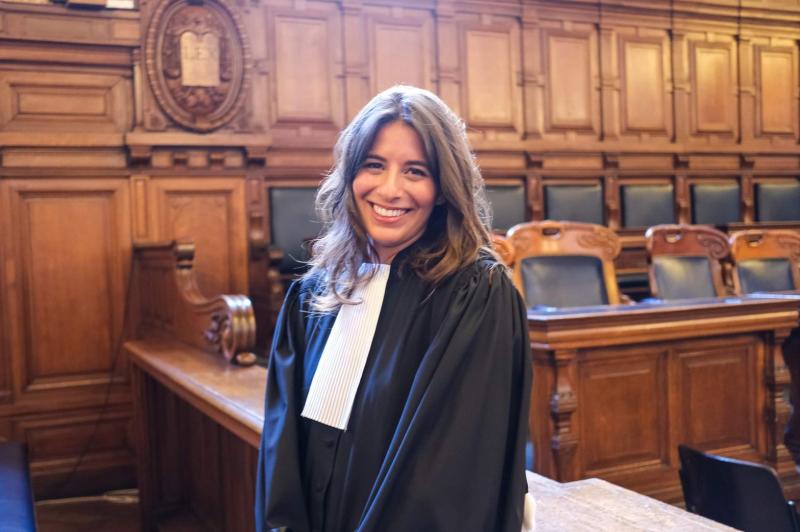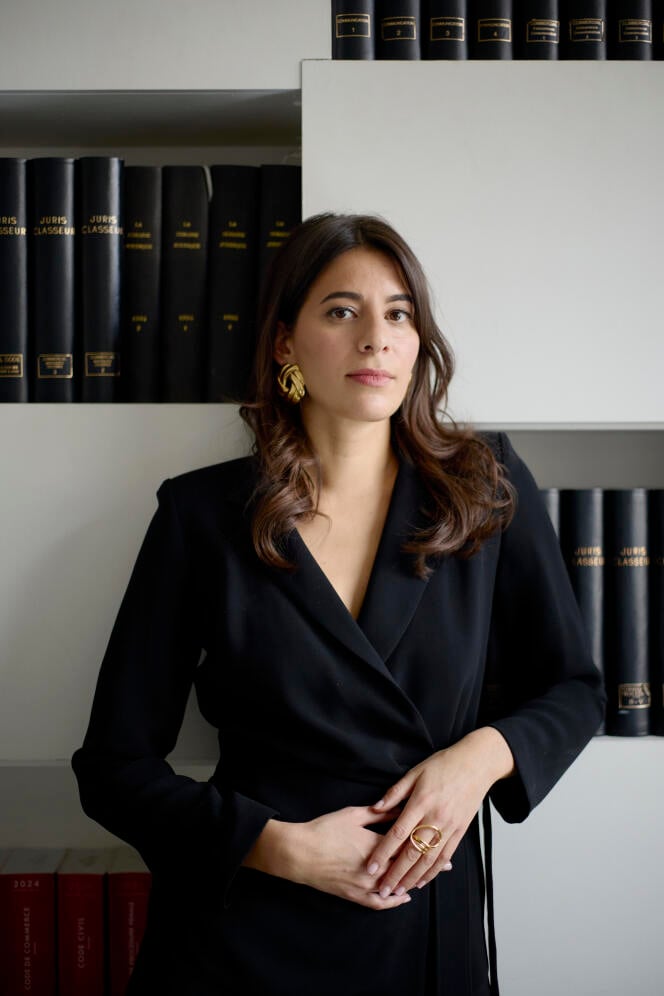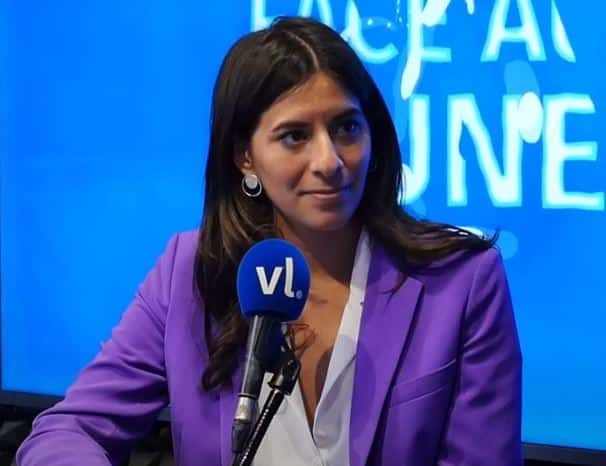Interviewed by Elisa de Aragao Bibay & Alice Borgida
In partnership with HEC Paris, UCL Women's Network have had the privilege of conducting insightful interviews with three women leaders, CEOs, lawyers, and human rights specialists, who have generously shared their career journeys and insights with us.

Rachel-Flore Pardo, Lawyer and Women’s Rights Advocate, Paris
Can you tell us the story about what led you to choose and stay in your particular career path? How do you reconcile it with your political and activist practice?
My political and activist practice has shaped my legal practice. I use my profession, my role as a lawyer, to serve the causes I'm involved in and committed to. That is why I describe myself as both a lawyer and activist.
As a lawyer, my main objective is to represent my clients. However, as an activist, when I find something problematic in a case that calls for a change of law, I will try to bring that topic to the public debate and have the law changed. I have done this a few times and will continue. As a lawyer and activist, my goal is to help move forward to a closer reconciliation between citizens and the justice system, and this is also what motivates my political commitment.
Both my parents are lawyers, and I've inherited their passion to defend people, which played a big part in my decision to become a lawyer. But then, as a lawyer, I practice law in a very different way compared to my parents. There are 1000 ways to be a lawyer, right? As a lawyer and activist, I found my way of practising law.
Can you help describe some key challenges you've had to overcome during the European and French legislative election campaigns?
These were two very different campaigns. I've seen how, unfortunately, most citizens were not so passionate about the European campaign. Many still think this election has no impact on their daily lives, whereas it does. This is also why the votes differed so much between the European and legislative elections. The difference was that the whole society was into politics with the dissolution. President Macron's decision awoke the French democracy. Everybody spoke about politics. In every coffee shop, you would hear people talk about politics.
But what I've also witnessed on the field is that brutalization and violence have been rising in the public debate and political discussion. One of the most significant difficulties that I was confronted with during the legislative election was that my team and I were assaulted at one point. I have also been the target of different antisemitic and sexist comments. Combating violence within the public debate to preserve democracy is one reason I've decided to get involved in politics. This only strengthened my desire to participate in public debates and French political life. This was one of the main challenges, but I've witnessed during these campaigns that it is a full-time investment. Still, I had to combine it with my career as a lawyer because I've never stopped practising law over the past months.
While the journey was challenging, it was also one of my life's most intellectually stimulating periods, fuelled by my passion for the work.

"It's not just about having women in key positions but also about having feminists committed to the cause."
Looking back on your career and recent election campaigns, which experiences were unique to being a female leader?
You are not the target of the same critics, of the same attacks when you are a man or woman.
When a woman is involved in politics, she will often see herself attacked, not on the ideas she defends but on her appearance, sexuality, religion, and origin. This is a unique challenge that women in politics face, and it's important to address these gender-based criticisms to create a more equitable political environment. Like most women involved in politics, I've been the target of these differences in treatment between men and women. Also, as I was involved in the European campaign on Valerie Hayer's list, I've witnessed how she was the target of different kinds of sexist comments. Some journalists would constantly question how legitimate she was to have that position.
Women have to take their place in the French political life. We saw how important it was to have Elisabeth Borne appointed Prime Minister and have Yaël Braun-Pivet elected as the head of the French National Assembly a few years ago. There are many ongoing conversations about who could be the next Prime Minister, who could be the next President of the French National Assembly.
We see how women's names are coming up. The fact that we had these two figures helps us today imagine having a woman Prime Minister again and a woman at the head of the French National Assembly again. A few years ago, this was still something that we were not used to.
Insighting and helping women get involved in politics is vital. This is essential because women's representation in strategic positions is crucial for advancing gender equality and ensuring women's voices are heard in decision-making processes. It's not just about having women in key positions but also about having feminists committed to the cause.

What personal or professional experiences have shaped you as a leader, and how did they influence your leadership style, especially in your efforts to advocate for women's rights?
My personal experiences have shaped my leadership style. I believe in the importance of being concrete, always on and close to the field. As a lawyer, I am on the field of justice. Whatever position I will be in tomorrow, I want to keep that connection with the field, in collaboration with the experts and NGOs that know the solutions. Solutions come from the field.
Also, coherence is critical. I got involved in this campaign within the Renaissance party because I could never have been in any other party during that election. I fight the far-right parties and will never be the ally of far-left parties that spread antisemitism and threaten the Republic.
This is also why I ran for the legislative elections in Paris, where I live. This coherence gives strength and can make you a good leader.
What are the top 3 tips about career and leadership you could share with the next generation of women?
The first tip is to do what you love. Do what you are passionate about because you will put the most energy into it if you enjoy it. This is how you will be able to succeed and inspire others.
The second tip is to believe in yourself. Never listen to the voices that will tell you that you can't, that tell you that you are not good, competent, or strong enough. What do they know?
The third tip is to work hard. I firmly believe that work usually pays off, and if you have dreams, work hard to achieve them. You will make them true.